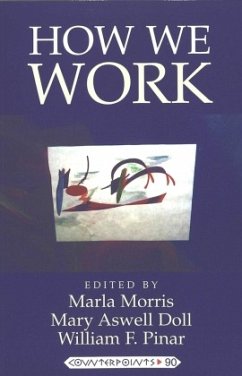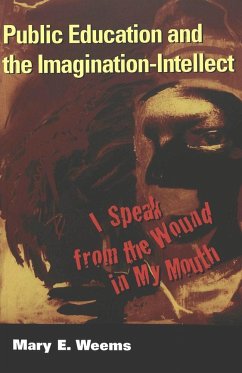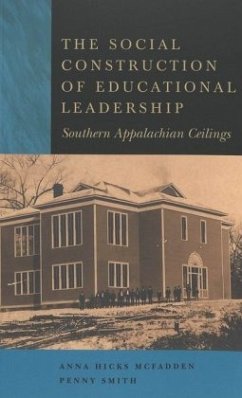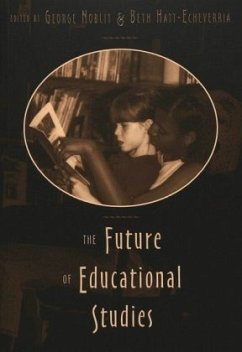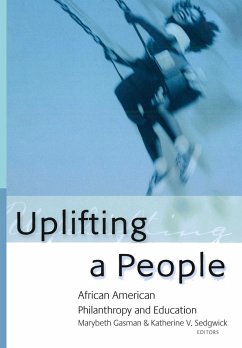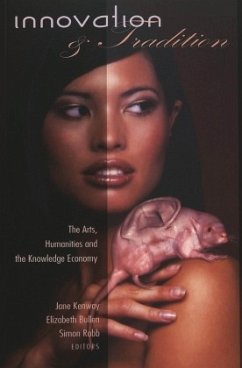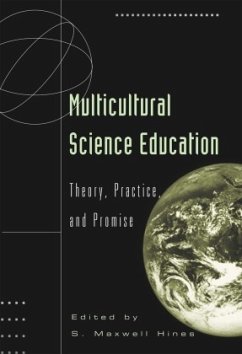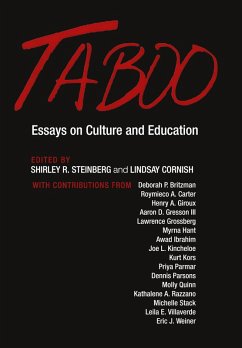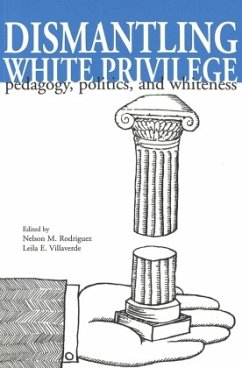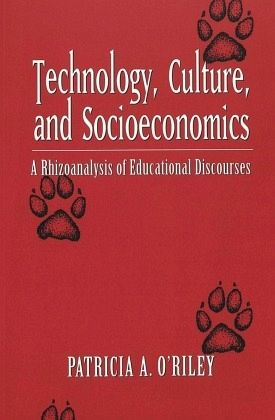
Technology, Culture, and Socioeconomics
A Rhizoanalysis of Educational Discourses
Versandkostenfrei!
Versandfertig in 6-10 Tagen
36,55 €
inkl. MwSt.

PAYBACK Punkte
0 °P sammeln!
Technology, Culture, and Socioeconomics is a journey toward a cultural politics of difference in technology discourses in education that explores possibilities for effecting sensibilities other than Western standardizations and hyperrealities. It includes knowings and practices that are dismissed or otherwise silenced because they do not fit Eurocentric epistemological framings. The author troubles the practice of doing research, including the right to know, collecting/analyzing data, and the (im)possibility of ethics within an academic frame of reference. This book is a dance with and between...
Technology, Culture, and Socioeconomics is a journey toward a cultural politics of difference in technology discourses in education that explores possibilities for effecting sensibilities other than Western standardizations and hyperrealities. It includes knowings and practices that are dismissed or otherwise silenced because they do not fit Eurocentric epistemological framings. The author troubles the practice of doing research, including the right to know, collecting/analyzing data, and the (im)possibility of ethics within an academic frame of reference. This book is a dance with and between feminist poststructural, postcolonial, antiracist, trickster discourse, and chance operations. A dataplay is enacted as a performative methodology in which citations become characters and Coyote has the last word(s).



